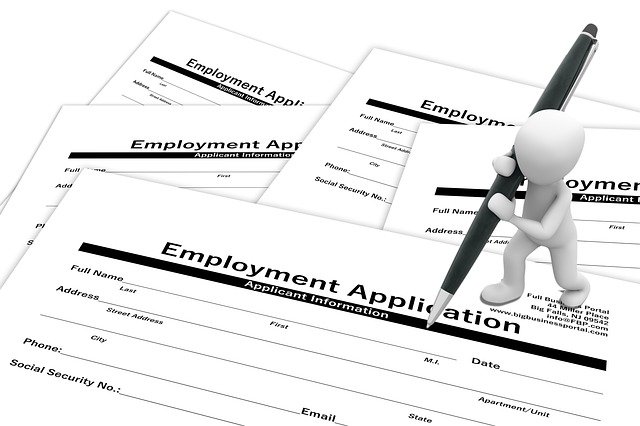 This isn’t so much what employers want, as some observations about mistakes I see people make all the time. Think of it as ways to avoid wasting time and making yourself look stupid!
This isn’t so much what employers want, as some observations about mistakes I see people make all the time. Think of it as ways to avoid wasting time and making yourself look stupid!
- Do your research. Know what you are applying for and who you are applying too.
- Apply to a company in the appropriate way, typically described on their website. If you don’t use their preferred channels, you’ve probably wasted your time.
- As an example of the previous point, many companies in the UK only employ via agencies, often having exclusive deals with those agencies. They will typically make this clear on their websites.
- Tailor your resume and covering letter for each specific application, emphasising the relevant and de-emphasising the irrelevant for that role. One size fits all is not your best approach.
- Your LinkedIn profile can be useful, but by it’s nature it is general. Don’t send a CV only to have it contradicted by what you say on LinkedIn.
- Don’t bullshit! It’s so obvious.
- Don’t send an email saying things like, “Got any jobs? Check out my LinkedIn profile!” You’ve just made a bad impression by clearly not doing your research, and probably deselected yourself!
- Don’t contact people (like me) that clearly don’t employ people and ask for a job. Your lack of research makes you look stupid.
- Companies will often Google you to find out more about you. If your social media is full of pictures and videos of you drunk and mooning at the camera, or you publish controversial material and opinions you are probably not going to get the job. Definitely don’t trash previous companies or colleagues. Clean up your public presence as best you can.
Check out the rest of this series here.
Cheers
Tim…